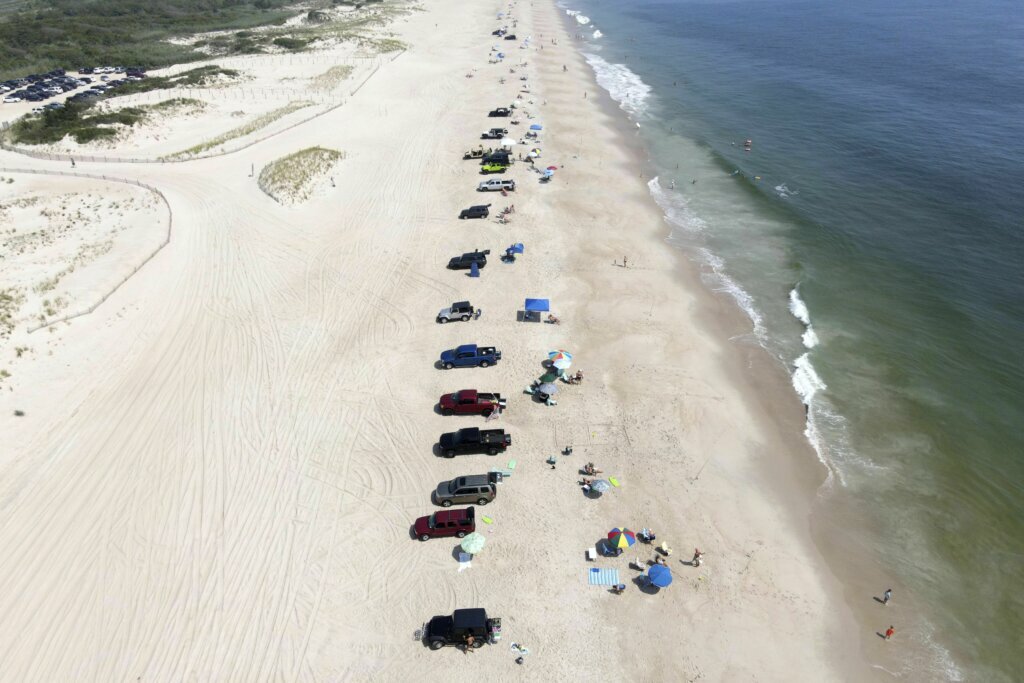
When D.C. updated its list this week of high-risk states for travel during the COVID-19 pandemic, businesses in two popular beach destinations breathed a sigh of relief. That’s because Delaware — the home of Rehoboth and Dewey beaches — was taken off the list.
“We’re very happy to get off of all those lists that have us in a bad place for visitation,” Carol Everhart, president and CEO of the Rehoboth Beach-Dewey Beach Chamber of Commerce, told WTOP.
As of Friday, Delaware, which has just under 1 million residents, reported 38 people hospitalized due to COVID-19, and 82 new positive cases in the state.
In addition to D.C., several states, including New York, New Jersey and Pennsylvania, also removed Delaware from their travel advisory lists.
Everhart said that has led to a flood of bookings and stays.
From July 31 to Aug. 2, Everhart said bookings were down 500 rooms compared to the same time frame last year. But when the delisting of the state began last week, hotel occupancy improved to being 400 rooms short of what was seen at the same time last year.
“At least we saw that very clear and rapid increase in occupancy in our overnight stays,” Everhart said.
That is welcome news for both beach towns, which have seen business revenue drop by more than $200 million through July of this year, compared to the same period last year.
For many states and cities, including D.C., the high-risk list instructed residents to self-quarantine for 14 days after returning home from nonessential travel.
Because every state’s list comes with different requirements, she said it led to a lot of calls to beach-side businesses from people who had planned a beach getaway.
“For the average visitor, it’s confusing,” Everhart said.
She said her chamber wrote a letter to Delaware Gov. John Carney, urging him to speak with the states that warned travelers to avoid Delaware and share with them the state plan for keeping people safe.
Everhart said she was told the governor’s office did that, and she feels that helped get Delaware off the high-risk lists.
No longer being considered a high-risk destination for travelers will help businesses, according to Everhart, but she said the business community in Rehoboth and Dewey beaches have a long way to go to recover from the economic impact of COVID-19.
When it comes to weekend occupancy rates, from the first weekend of the year through the weekend of Aug. 9, hotels in the two beach towns reported room totals being down by 30,000 rooms over the same period last year. The number of visitors booking a room is down more than 17,000 rooms when you look at Wednesdays during the same time frame.
“If they’re not here, there’s not a customer. If there’s not a customer, the business is losing,” Everhart said.
For Everhart, she just hopes that as it tries to move forward, Delaware can remain off all high-risk lists.








